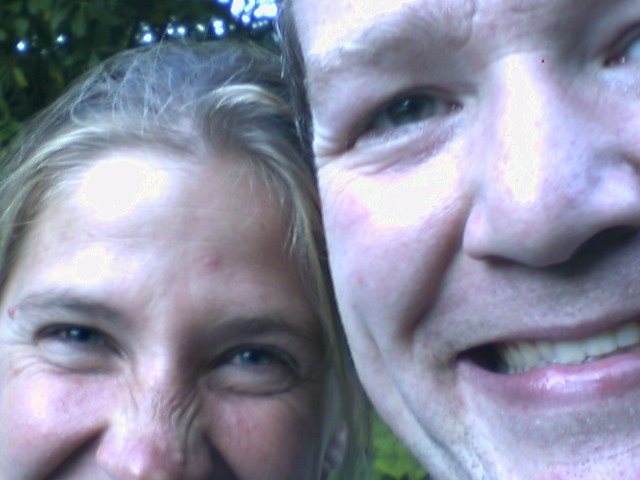The Christian response to Islam--the best, of hope, and the worst, of fear
I read two extremely different takes on the Christian response to Muslims this week. In My Not So Humble Opinion, one represents the best of christianity, while the other represents the worst.
(at the start he is quoting his Christian friends Larry and Andrea, who work and live among Muslims in the Middle East)
My friends are echoing something Bono said in a recent interview: "But then you've also got to try to cut off the oxygen supply of hatred, which is false ideas about who you are as an American, who you are in the West. I know that sounds like limp liberalism, but it's really not." When we treat guests in our country with contempt, when we refuse people the dignity of speaking with them, when we focus on the ugliness of our enemies to the exclusion of their humanity, we are reinforcing a pretty ugly idea of who we are as Americans. Ultimately, we're hurting ourselves. Again, to quote Bono, "Isn't it cheaper and smarter to make friends out of potential enemies than to defend yourself against them later?" As we approach the season of Advent, we will recall our central story: that the holy God who created the universe was mysteriously incarnated in a vulnerable baby among an oppressed people, entering a hostile world full of vicious but beloved enemies to talk to them, walk among them, befriend them, and seek to reconcile with them. What would happen this Christmas if we applied this message to our world and its hostilities today? Preachers, there is a subject for you to work into your sermons. Don't expect such sermons to be popular, but do expect them to be faithful. | Patrick Sookhdeo, a Muslim convert to Christianity who is also an Anglican priest, is the author of Islam: The Challenge to the Church. Dr. Sookhdeo writes that many Christians are confused by the seemingly capricious way in which their Muslim neighbors relate to them. This is because they are unaware of the many Koranic teachings that regulate relations with those outside the faith. For example, hospitality and the exchange of gifts is the linchpin of relationships among Muslims, and many Muslims also invite Christians into their homes and give them gifts. But this seldom works in reverse. This is more than simply a concern about eating non-halal food, Sookhdeo writes. “There is also the cultural concept of Christians as being religiously ‘unclean,’ arising from the discriminatory laws against them in sharia. There’s also the fact that accepting a meal means owing a favor to the host.” Another problem may be your family pet. Religiously observant Muslims may refuse to enter a home that contains a dog, since dogs are considered unclean. As for gifts—many Muslims will be eager to give a copy of the Koran to Christian neighbors, but they will refuse to accept a copy of the Bible in return. “Muslims are always on the alert for opportunities for mission,” Sookdeo says, “but they guard themselves against anything that might serve to deflect them from the way of Islam, such as the scriptures of another faith.” In their efforts to reach out to Muslims, Christians must beware of taking part in one-sided events that benefit Islam at the expense of Christianity. For instance, a Christian pastor may invite a local imam to speak from the pulpit as part of a cultural exchange. But all too often, Sookhdeo says, “the pattern is that the imam preaches in the church and the minister merely prays in the mosque.” Muslims view this as a victory. As with the attempted exchange of scriptures, Sookhdeo writes, “Muslims will use every opportunity to promote their faith and to prevent the similar promotion of Christianity.” Christians end up doing all the learning while Muslims do all the teaching. |


1 comment:
In My Not So Humble Opinion, one represents the best of christianity, while the other represents the worst.
Same here.
(Except I'm humble)
:-) Just kidding
(About the humble part, not the 'same here')
Post a Comment